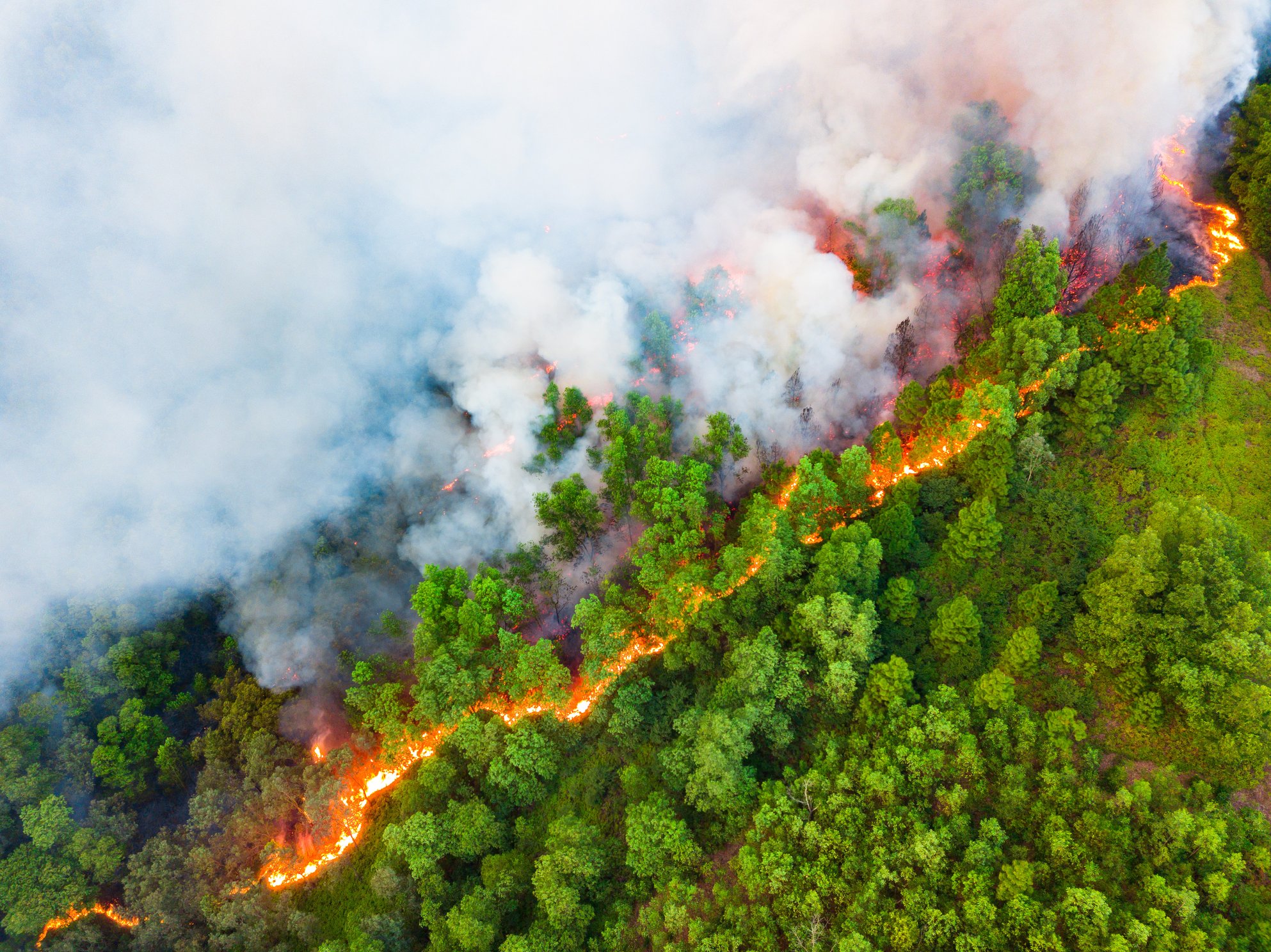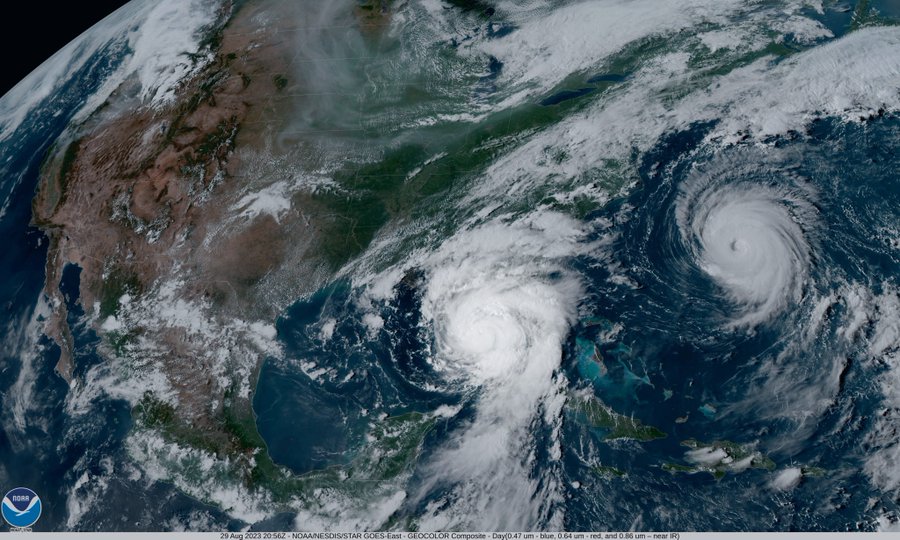

World Meteorological Day and the State of the Global Climate: The frontline of climate action
Every 23 March, World Meteorological Day marks the establishment of the World Meteorological Organization. The theme for 2024 "At the frontline of climate action" is certainly apt following the WMO’s latest State of the Global Climate report, in which records were broken for surface temperatures, greenhouse gas levels, ocean heat and acidification, sea level rise, Antarctic sea ice loss and glacier retreat.
2023 was the hottest year in the 174-year observational record, with a global average near-surface temperature of 1.45 °C above the pre-industrial baseline. That takes us very close to the 1.5 °C limit of the Paris Agreement on climate change.
Observations of the three main greenhouse gases (carbon dioxide, methane and nitrous oxide) reached record levels in 2022 and show a continued increase in 2023. CO2 levels are 50% higher than the pre-industrial era, trapping heat in our atmosphere. The long lifetime of CO2 means that temperatures will continue to rise for many years to come.
The long-term increase in global temperature is due to increased concentrations of greenhouse gases in the atmosphere, with the shift from La Niña to El Niño contributing to the rapid rise in temperatures from 2022 to 2023. But it's worth noting that the temperature anomaly started showing up several months before the onset of El Niño. Climate scientists are concerned that the planet warmed 0.2 °C more last year than expected, a huge margin at the planetary scale, making 2023 the warmest year in possibly the past 100,000 years.
Heatwaves, floods, droughts, wildfires and rapidly intensifying tropical cyclones caused misery and mayhem, and many billions of dollars in economic losses. Unprecedented ocean warmth meant that towards the end of 2023, over 90% of the ocean had experienced heatwave conditions during the year. More frequent and intense marine heatwaves have profound negative repercussions for marine ecosystems and coral reefs.
There were some positives from 2023. Renewable energy capacity, primarily from solar, wind and water, increased by almost 50% from 2022. A shift to clean energy is great, but much more climate action is needed to tackle our climate crisis.




